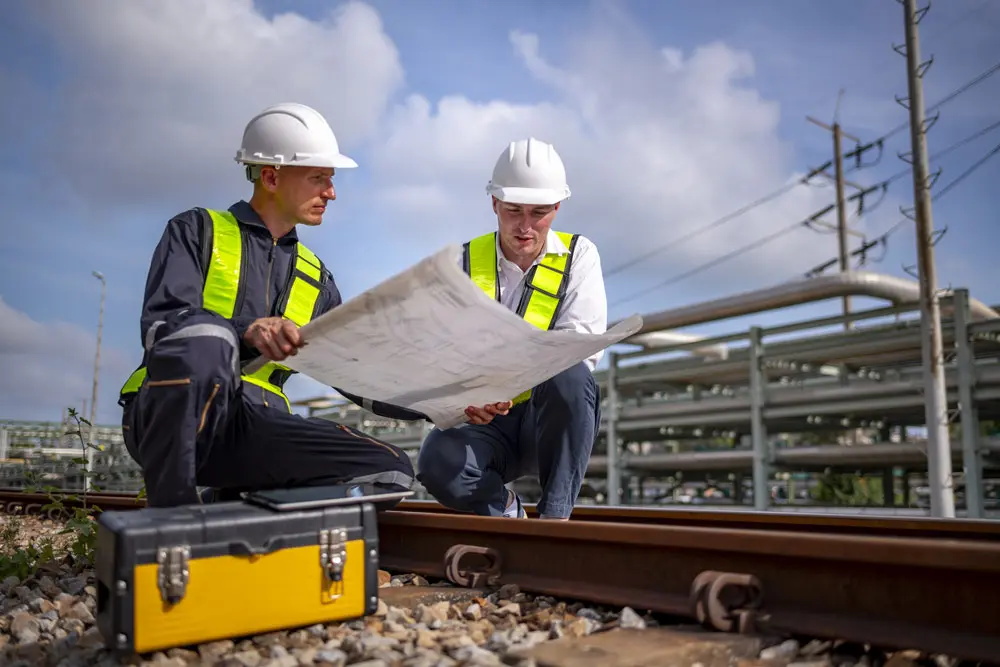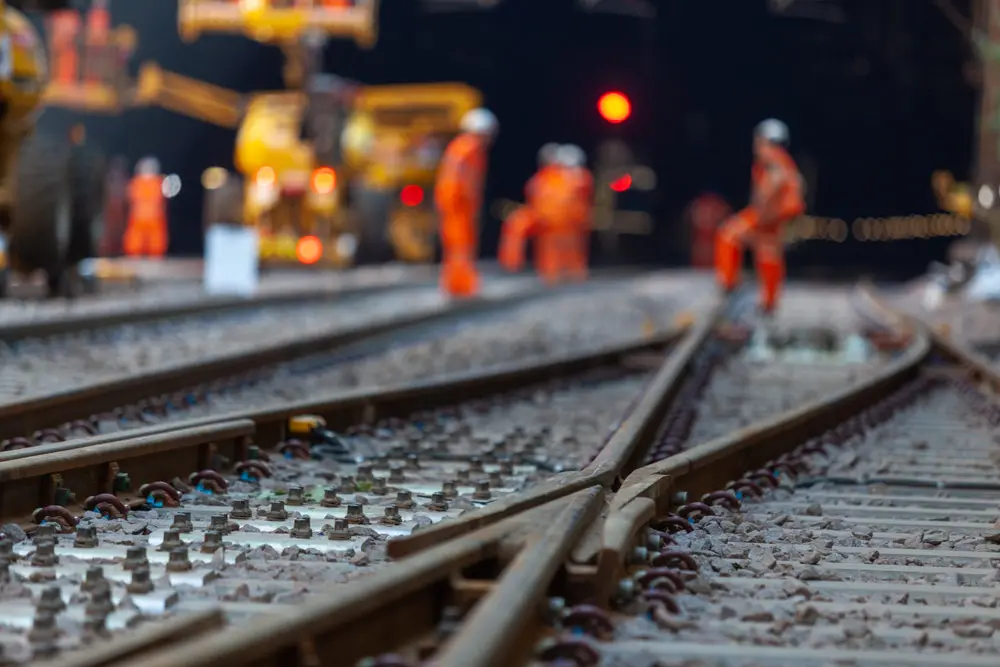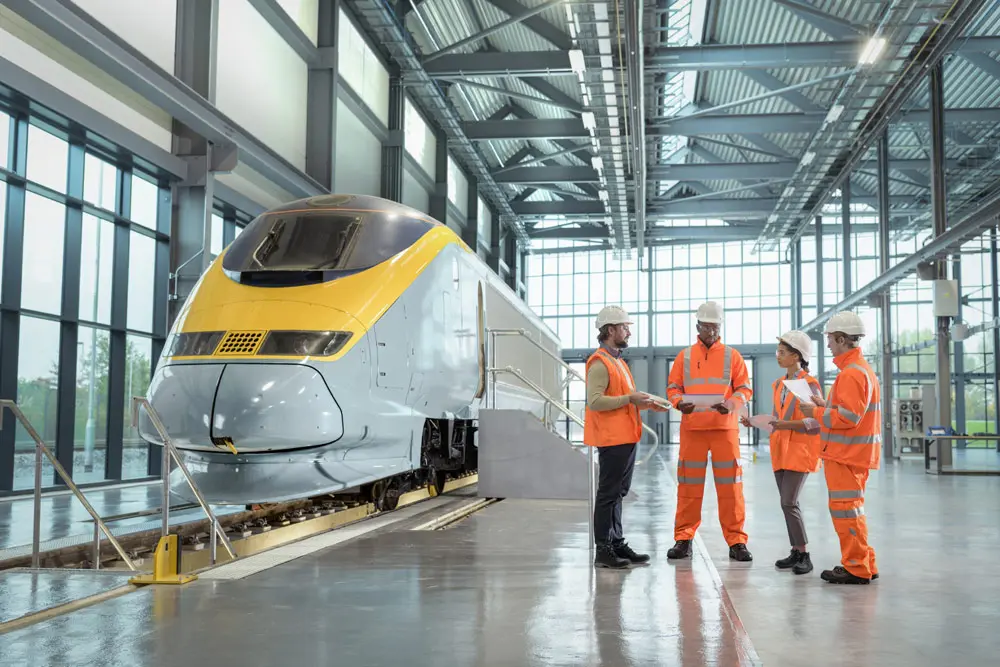

Talk to us about how we can help.
Develop Consulting specialises in operational excellence in the UK rail sector, covering OEM manufacturers, daily train maintenance, space and warehousing constraints, and supply chain redesign.
We implement standard operating procedures and redesign site/factory flows to boost efficiency, productivity, safety, and profitability.
Our approach is to adapt improvement methodologies to any business or industry, which includes the unique challenges and opportunities within the UK rail sector. Our commitment is that we work alongside you, to understand the challenge, develop solutions and implement them with you to create a sustainable level of business benefit.

With much of our team having first-hand experience of Toyota motor manufacturing in the UK and Japan, we favour the Lean delivery methodology.
Lean improvement methodology, known for its flexibility and robustness, has been successfully adopted by major organisations worldwide.
Develop Consulting will collaborate with your team to transfer our knowledge, ensuring sustainable improvements.

The UK Rail Sector is currently facing several significant challenges.
> Financial Constraints.
After substantial investment in the past decade, the Treasury has signalled a reluctance to continue meeting rising costs. This financial strain has been exacerbated by inflation and pay disputes triggered by the pandemic.
> Operational Efficiency.
There are concerns about the industry’s ability to innovate effectively due to outdated working practices. This has made it difficult for the rail sector to adapt to growing customer expectations and increased environmental challenges.
> Infrastructure Projects.
National infrastructure projects have faced delays or have been scaled back. There is uncertainty about government support for these projects, which are crucial for the sector’s development.
> Skills Shortage.
The industry is facing an extreme skills shortage, with an aging workforce and a significant number of skilled workers expected to retire by 2025. This could lead to a reliance on overseas and third-tier workers.
> Adaptability and Change.
Change doesn’t just mean cutting costs – the industry also needs to adapt to attract new customers and grow revenues. To do that requires continued improvement in service levels making the railway easy to use for everyone – but those improvements need to be made more affordable through innovation and changes in working practices. And it’s not just about cutting jobs – staff need to be redeployed to more customer facing and higher skilled roles.
> Sustainability Goals.
The sector aims to lead in sustainable transport, with targets for carbon reduction, biodiversity increase, and climate resilience. However, progress towards electrification and the deployment of hydrogen fuel-based trains has been slow.
These challenges are interconnected and addressing them will be critical for the future of the UK Rail Sector. It’s a complex situation that requires a multifaceted approach to ensure the sector’s survival and growth.
Manufacturers in the UK rail sector face a complex landscape. The net zero strategy aims for a lower-cost, high-performing net zero railway by 2050, emphasising electrification and battery-electric trains. However, financial constraints and outdated practices hinder progress. Balancing costs, lifecycle considerations, and sustainability goals is essential for manufacturers to thrive in this evolving industry.

Lean Business Operations. Implementing lean methodologies to improve efficiency and quality in rail maintenance and renovation.
Large-scale Site Reorganisation. Maximising space utilisation and integrating additional processes.
Operational Excellence. Supporting rail organisations to enhance safety, efficiency, quality, and delivery.
Process Improvement. Offering tailored support to improve frontline and support operations for long-term results.
Team-based Working. Increasing local ownership and driving performance improvements across business units.
Effective Data Analysis. Creating balanced scorecards and real-time performance metrics.
Supply Chain Optimisation. Reviewing and enhancing supply chain flow from OEMs to maintenance providers.